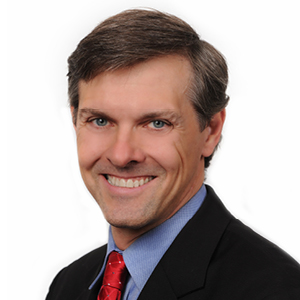Incentivizing charity care can play big role in expanding healthcare access for underserved
Mar 10, 2016
Health care is expensive. The demand for treatment exceeds the number of doctors and nurses providing care. By helping to increase the supply of health care providers, particularly in areas that are currently underserved, policymakers can expand access to citizens in need. Charity care is one solution.
As an earlier Buckeye report stated, charity care can be good for both doctors and patients. Through charitable care, health care providers can provide care to those in dire need, particularly the indigent and uninsured.
Recently, the General Assembly seized upon The Buckeye Institute’s recommendations on charity care in the form of two new bills.
These bills allow health care providers to receive continuing education credits (CEs) for providing charity care. Though this will not immediately flood the market with new providers, it is a step in the right direction. After all, these providers must obtain a certain number of continuing education credits in order to remain licensed to practice in Ohio. By allowing a portion of the requisite CEs to be obtained through the practice of charity care, many providers will have additional reasons to perform this vital function.
There are over a million Ohioans who need more health care. As The Buckeye Institute has long maintained, Medicaid is an inadequate program. It remains too expensive and many providers refuse new Medicaid patients. Charity care, by contrast, represents an alternative to government-run health care. Freeing doctors from bureaucracy to voluntarily help patients makes good civic sense.
These bills also offer expanded immunity from litigation so long as the providers practice charity care in a designated way and within the scope of practice for which they are licensed. This protection from potentially frivolous lawsuits will further help expand health care supply by removing a lingering disincentive to the provision of charity care.
These bills are not compulsory. Instead, they seek to build on civil society by making it easy for doctors to volunteer their time. By letting doctors use some of their time to fulfill education requirements, the bills encourage doctors to provide care for charitable institutions. This could ameliorate the problem that all too many Ohioans continue to have in finding a health care provider despite the much-vaunted Medicaid expansion.

